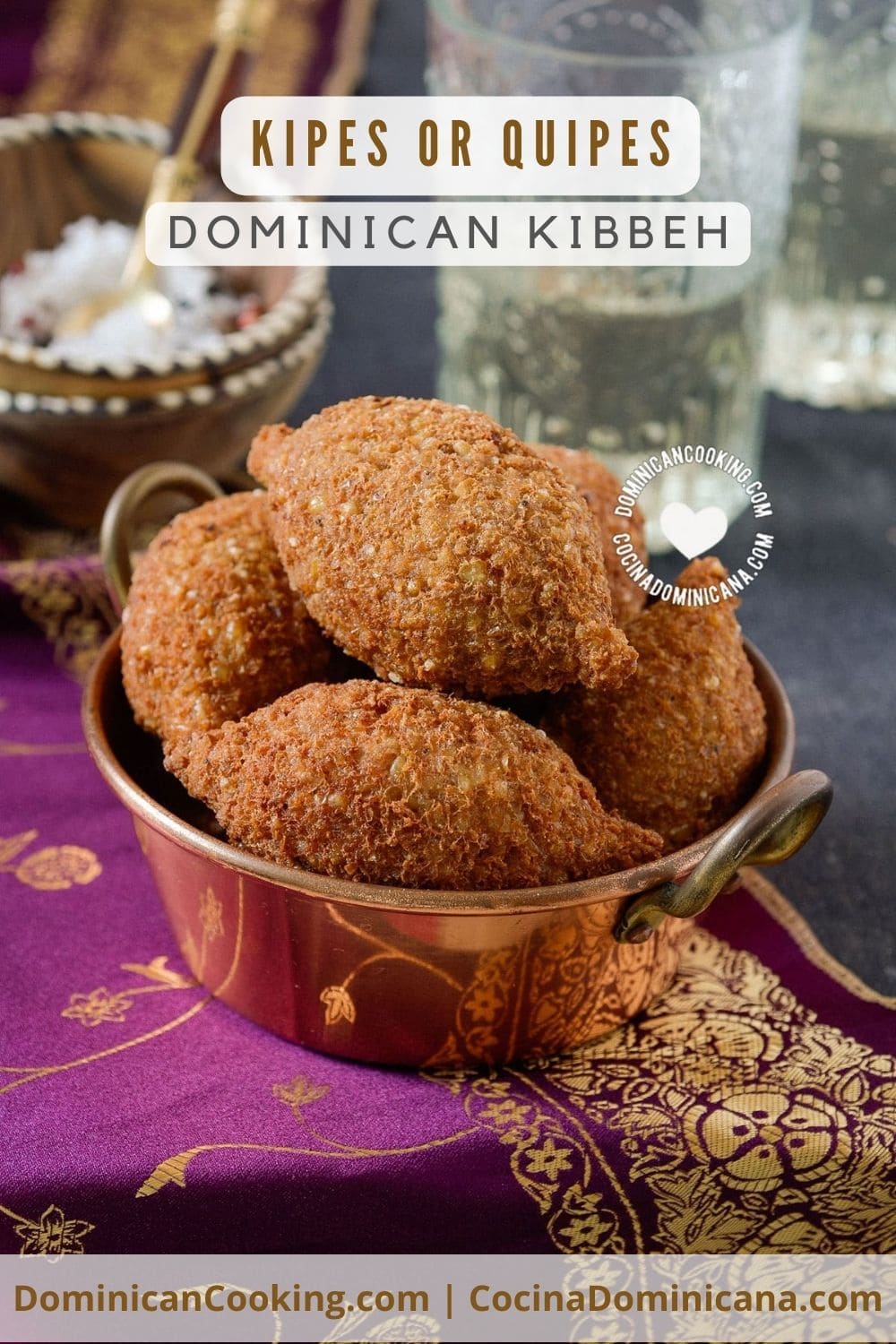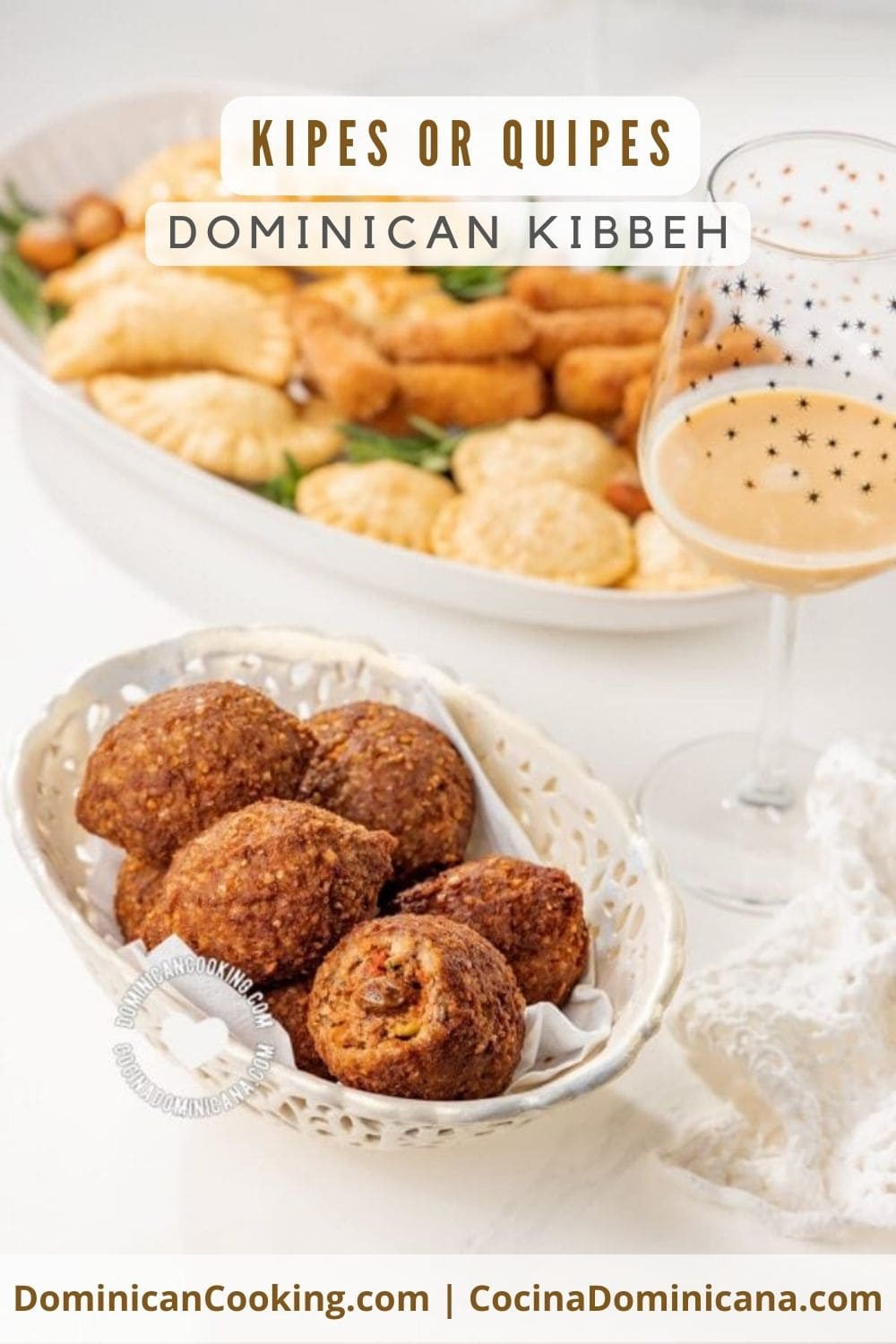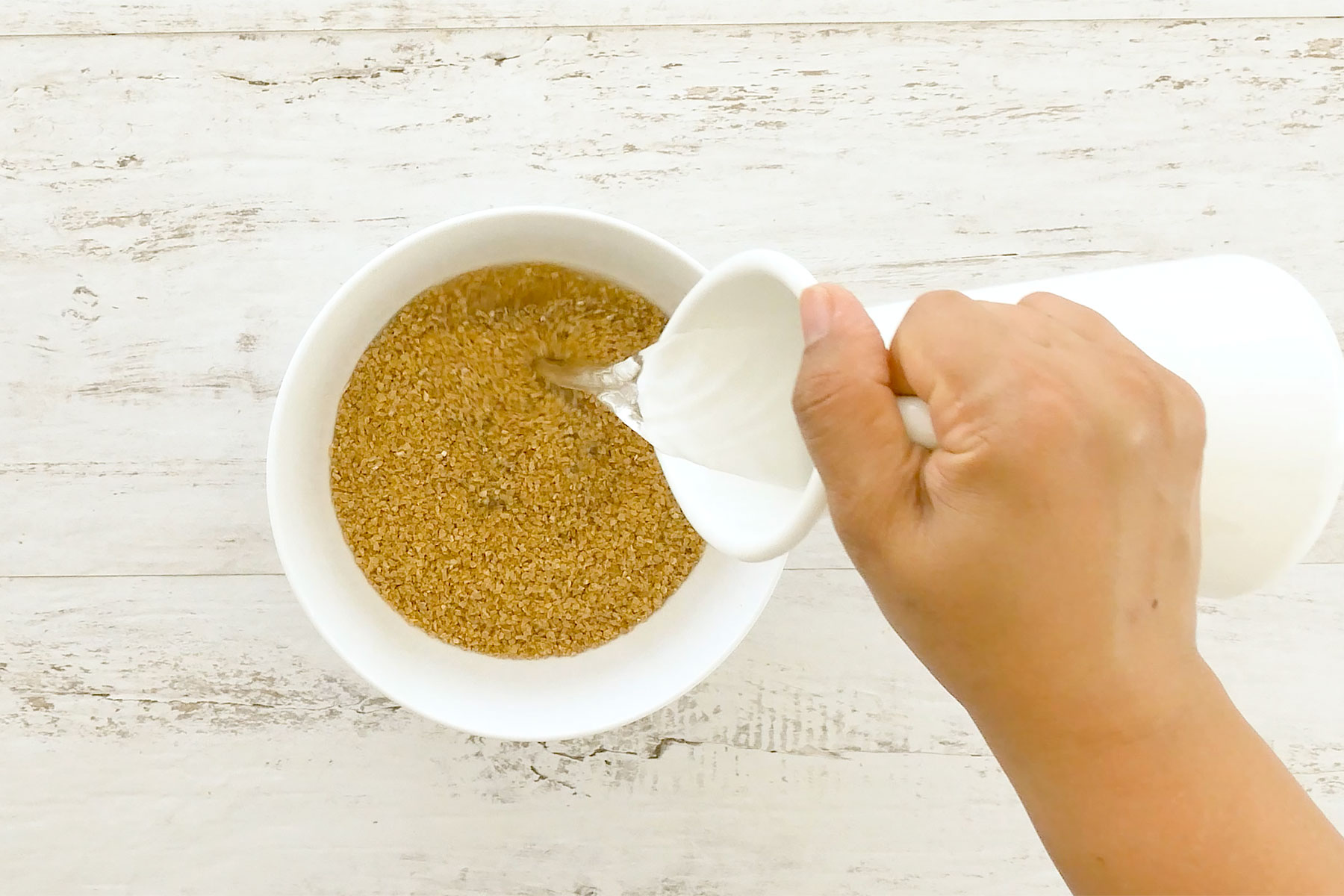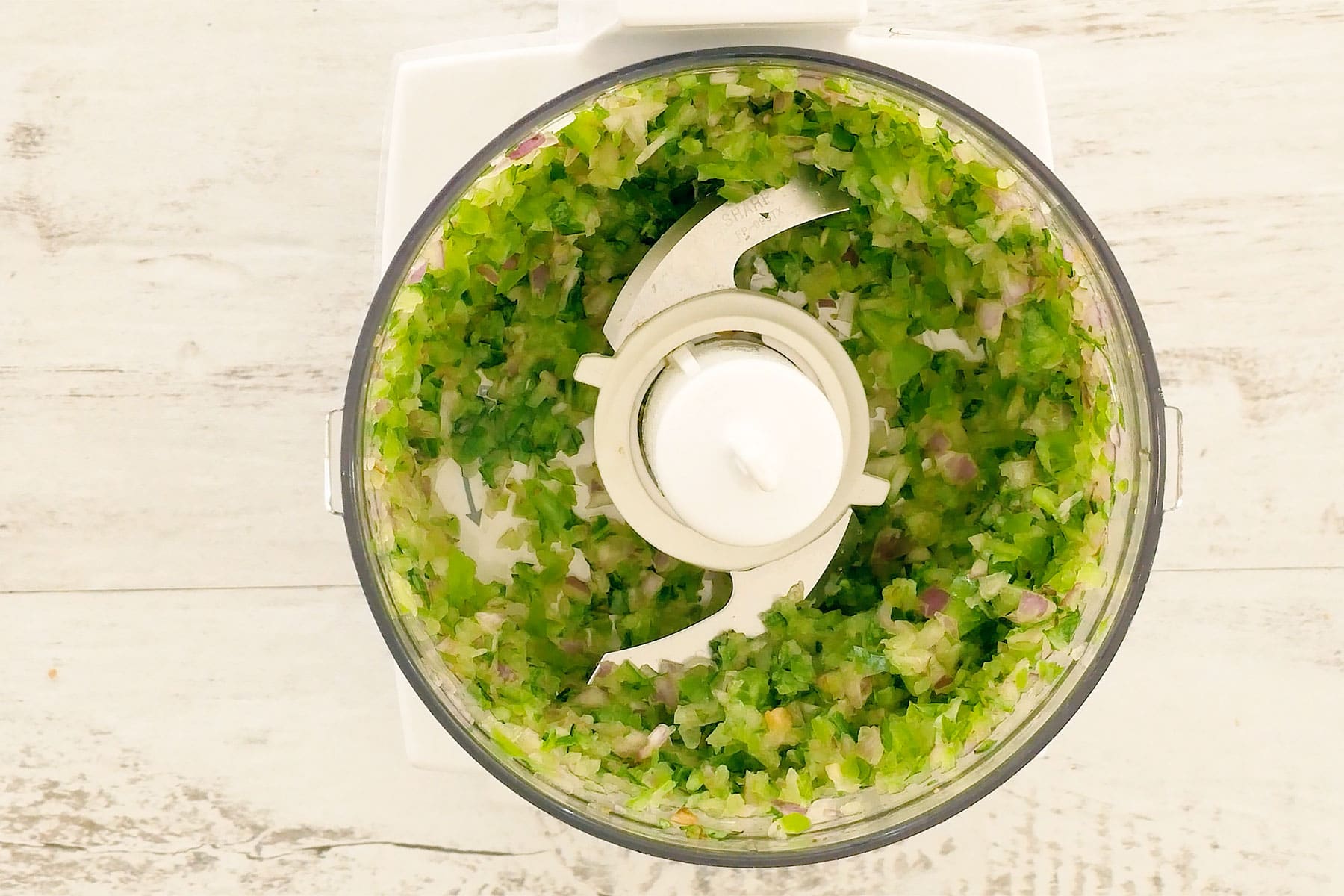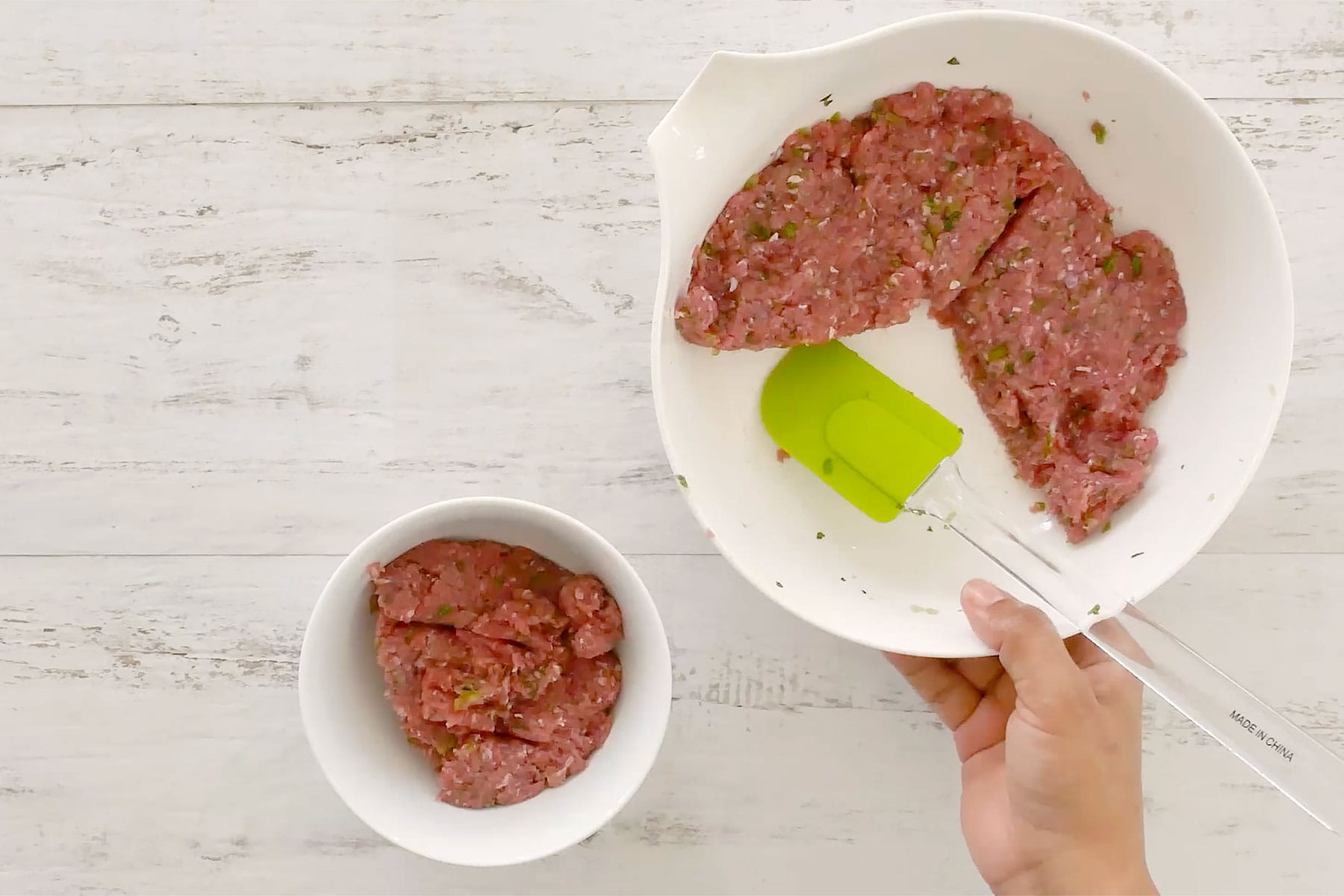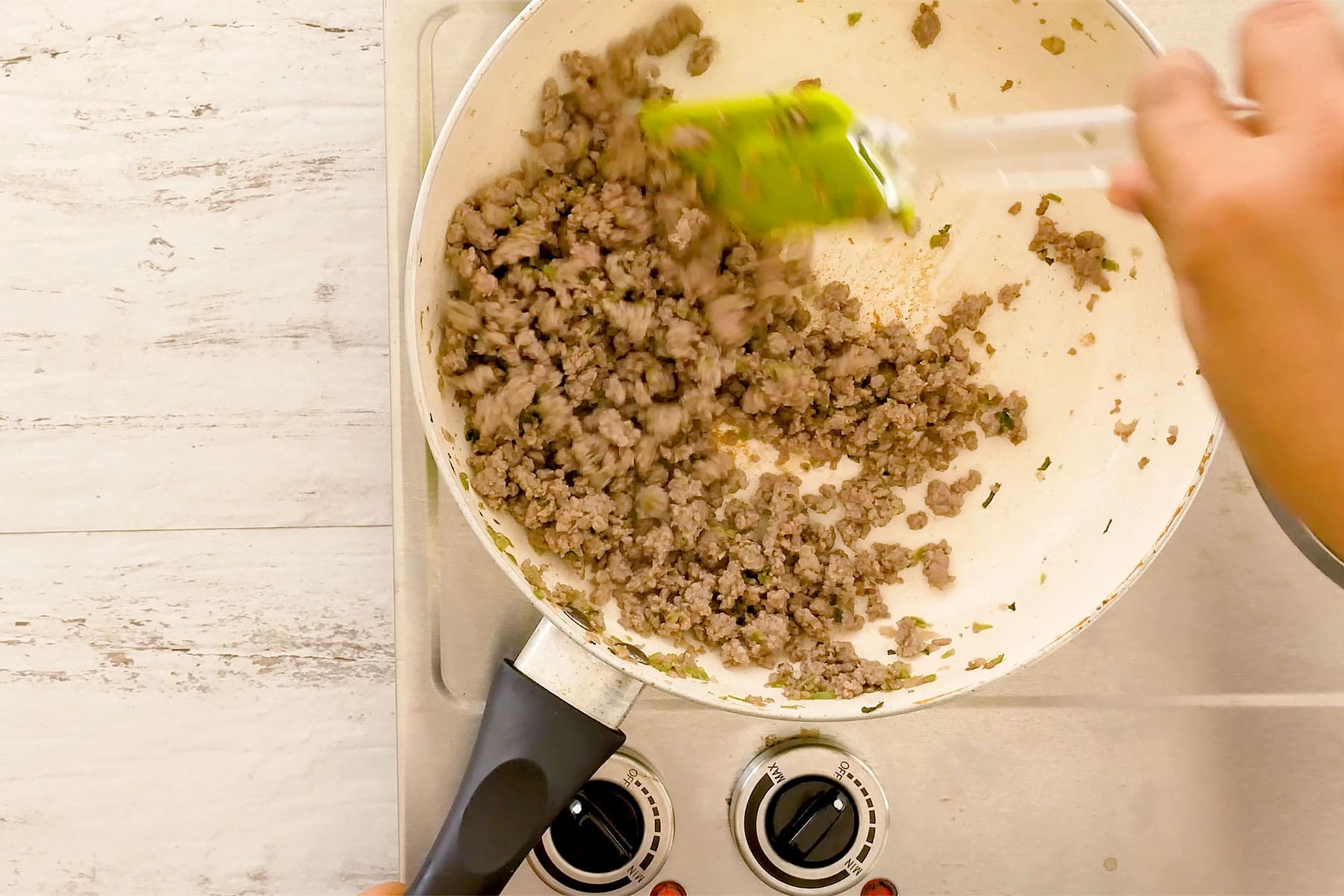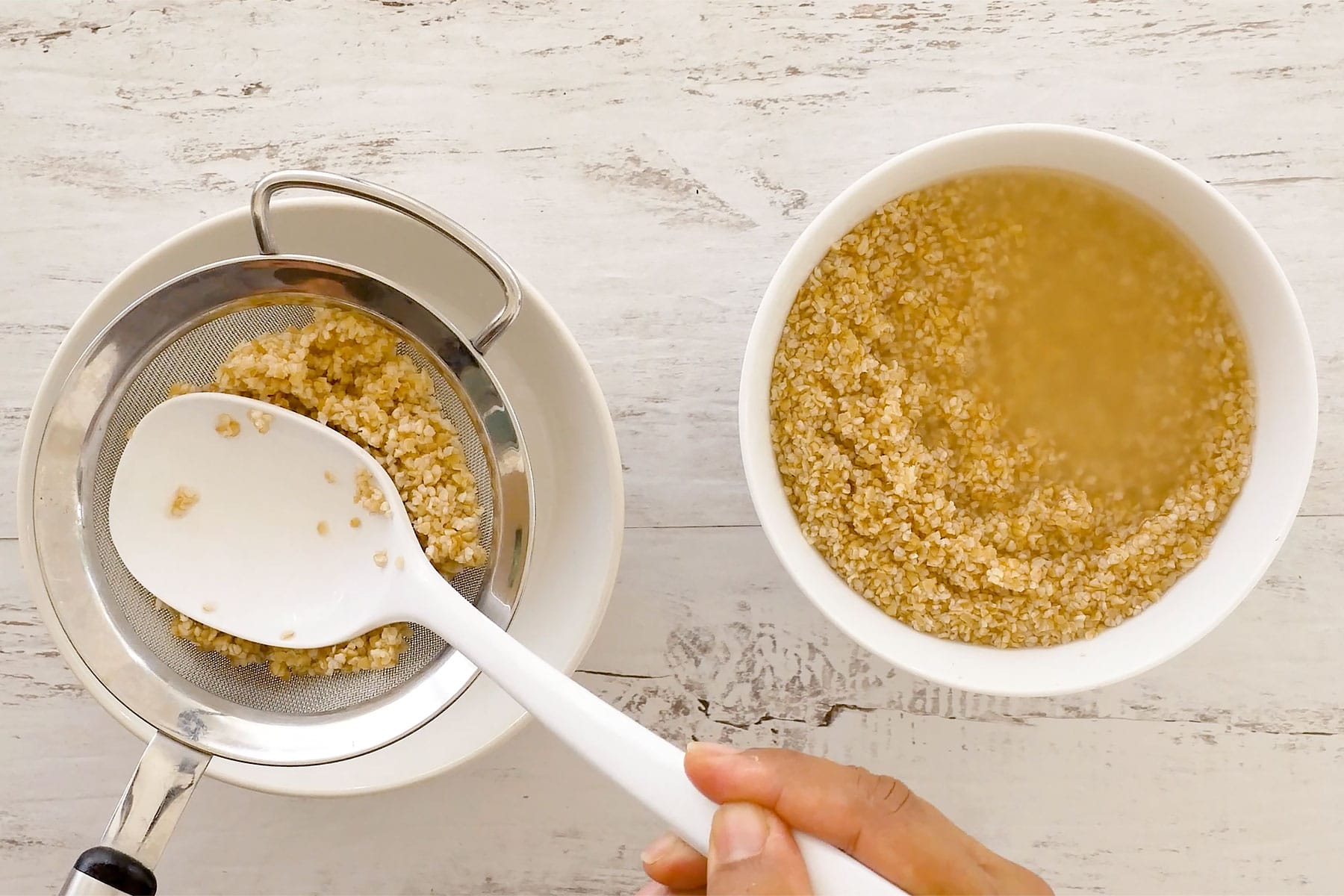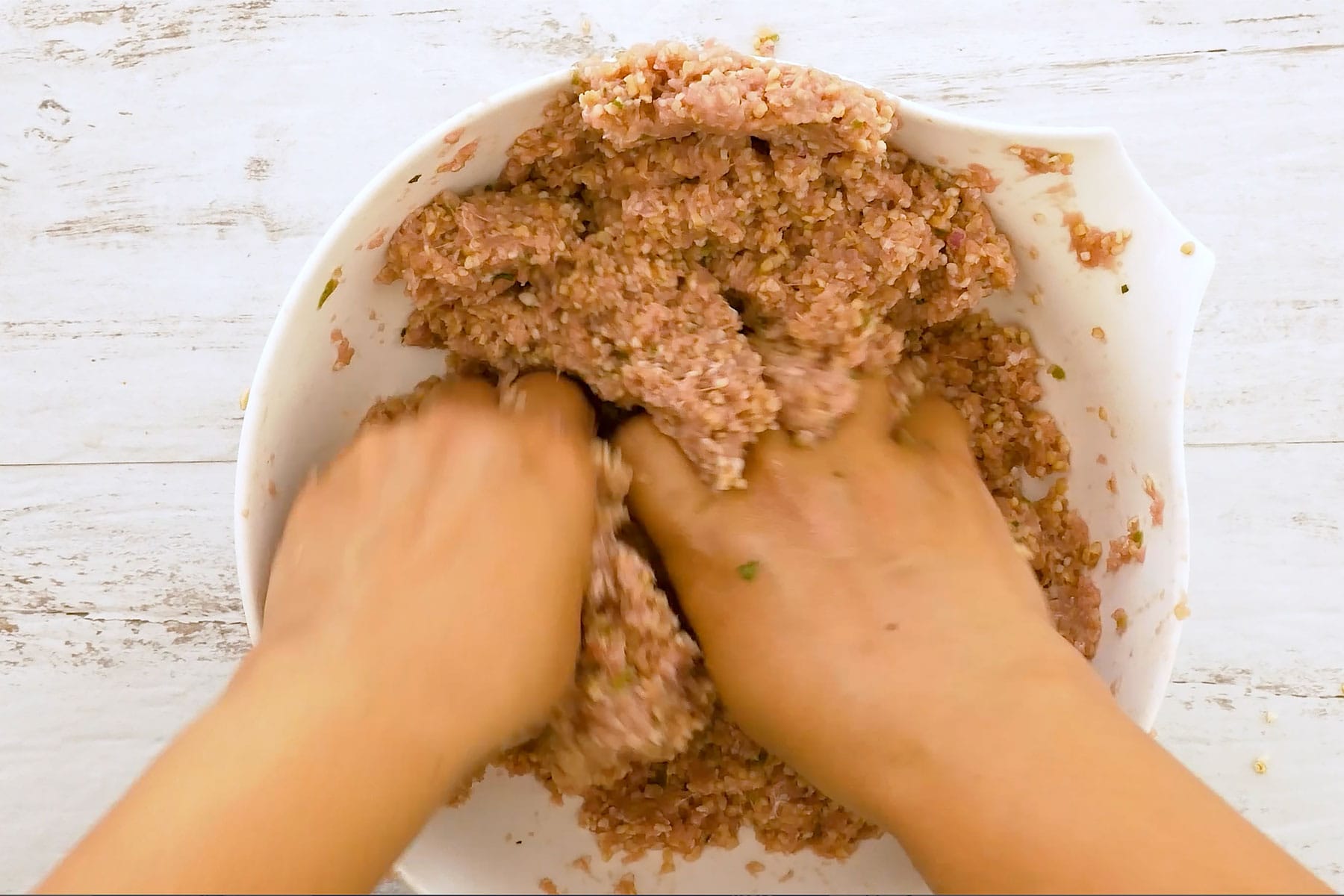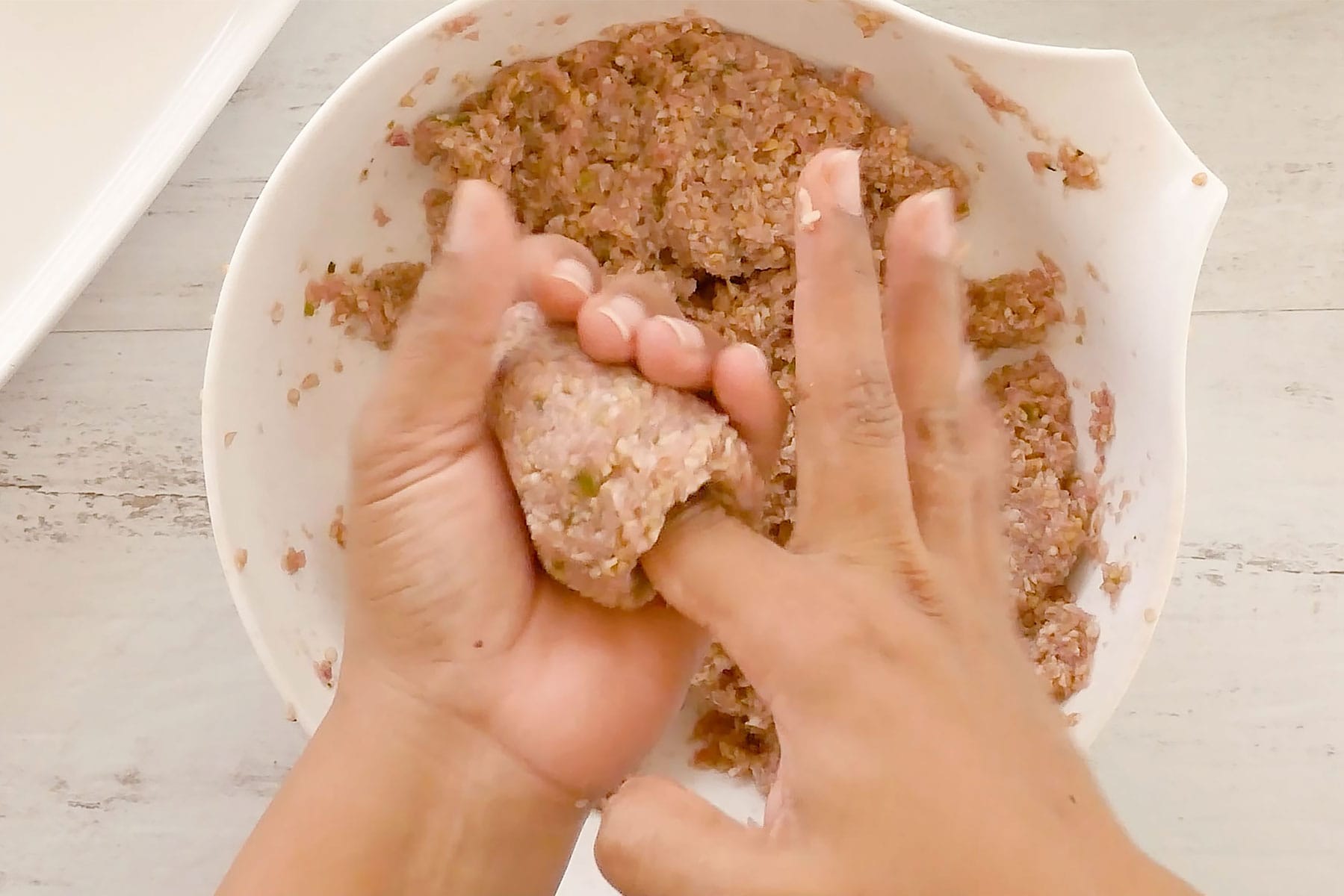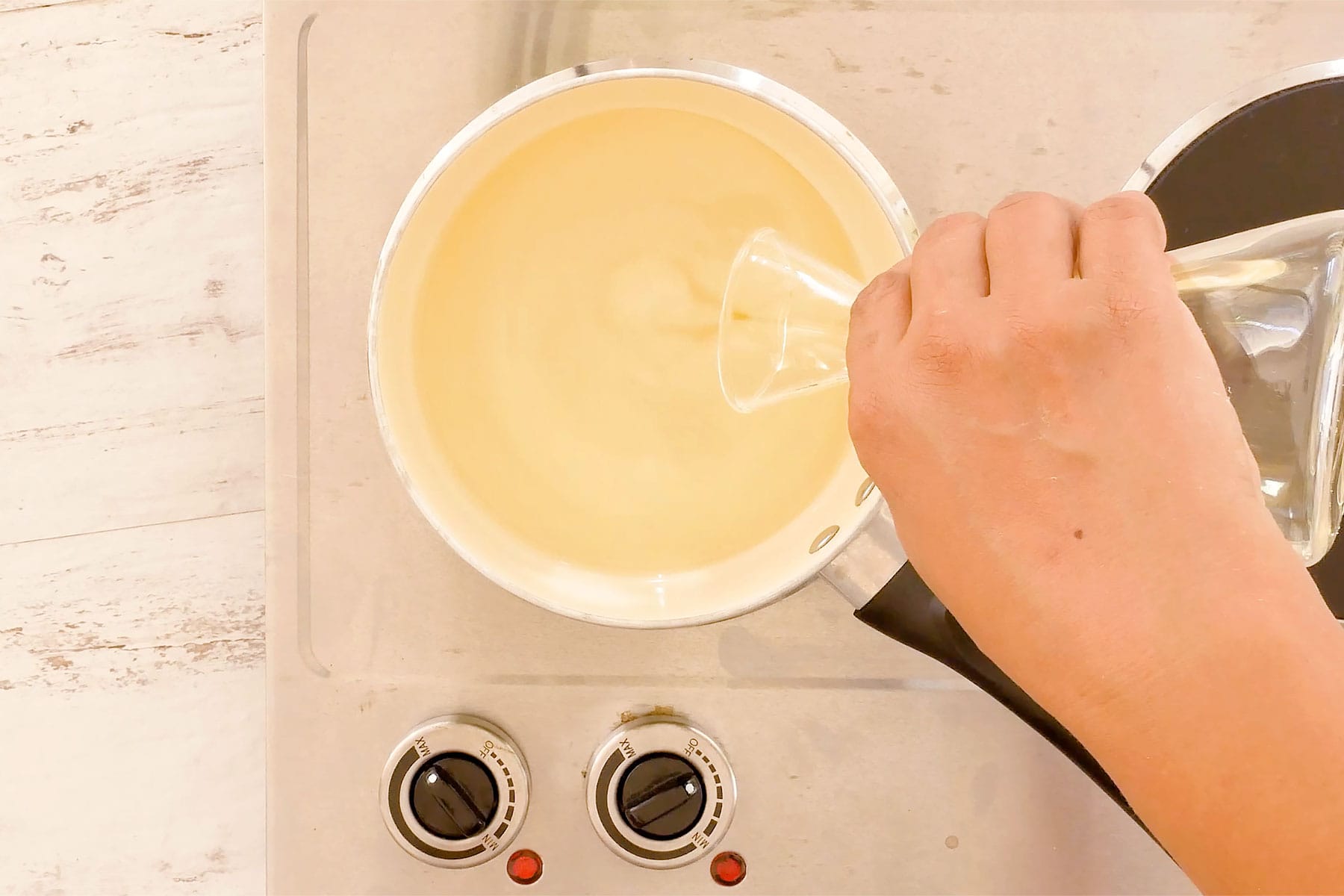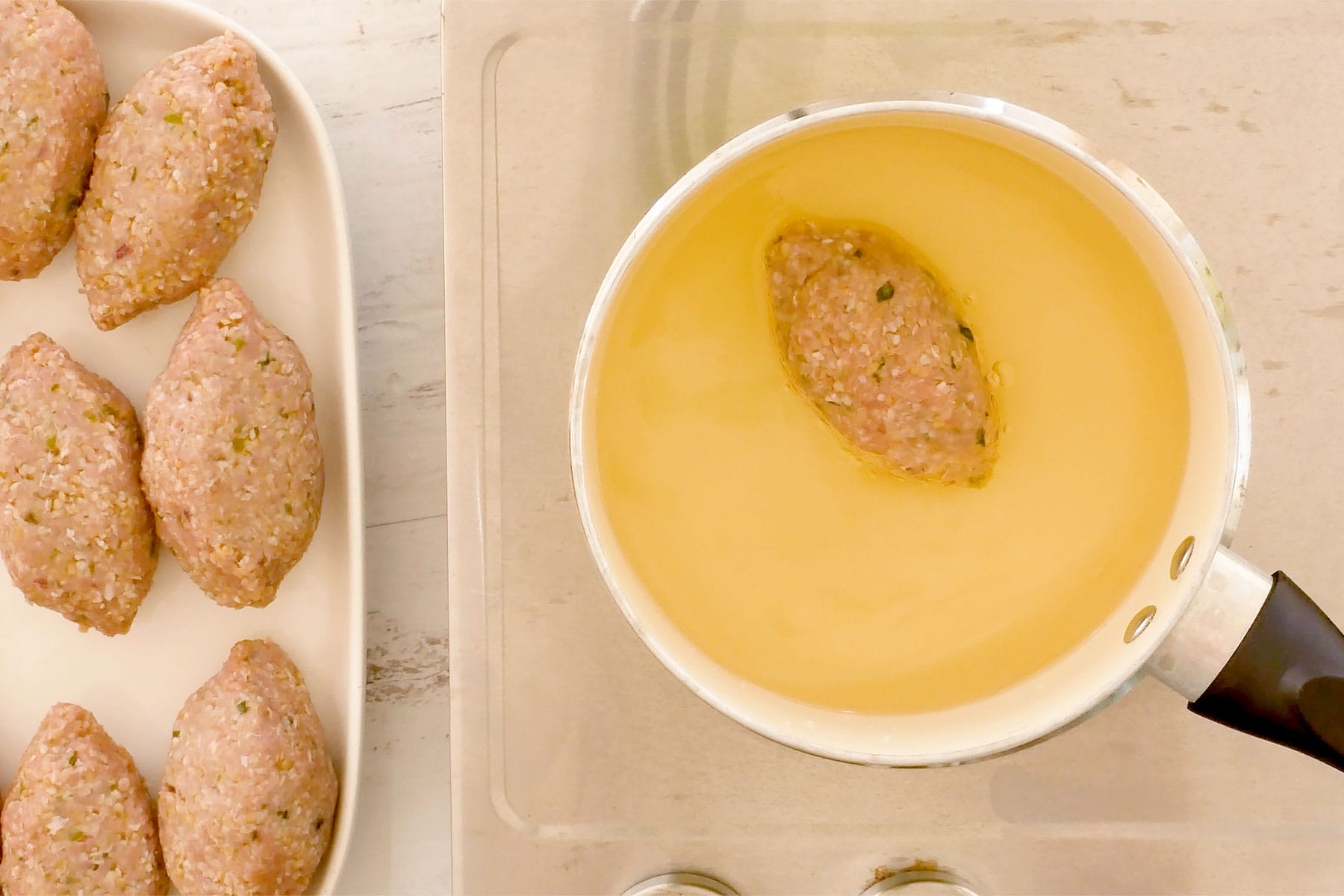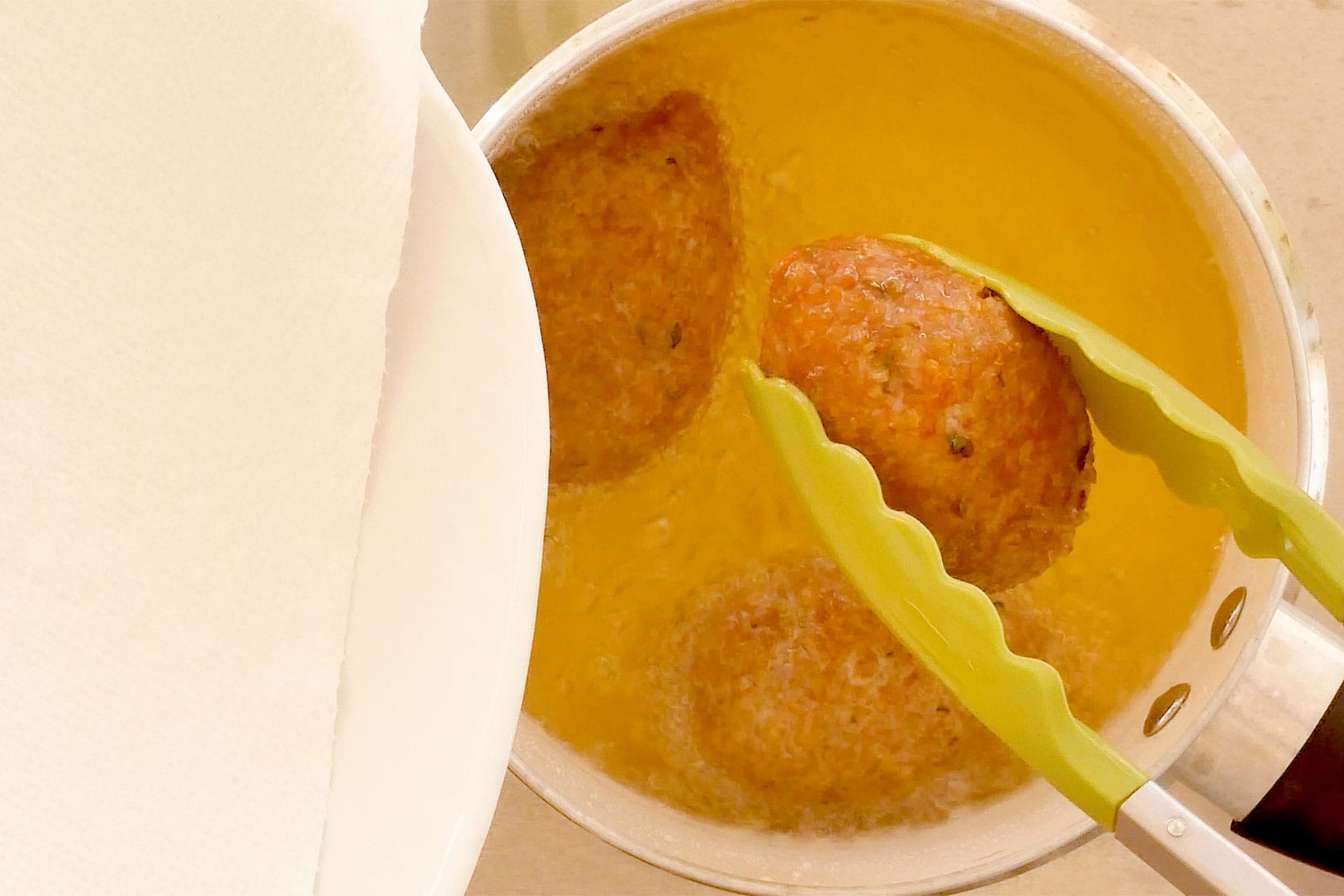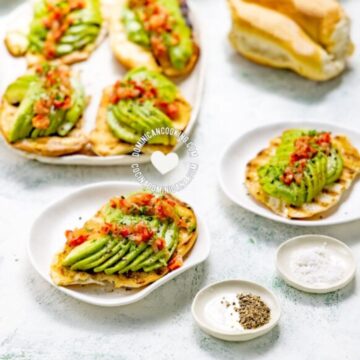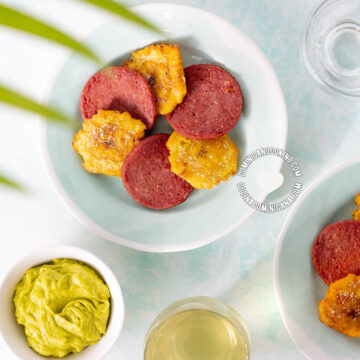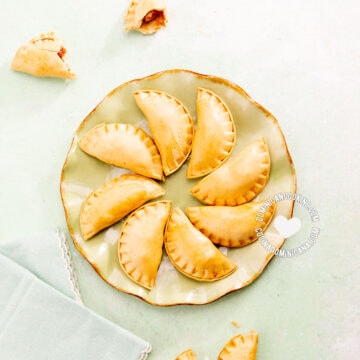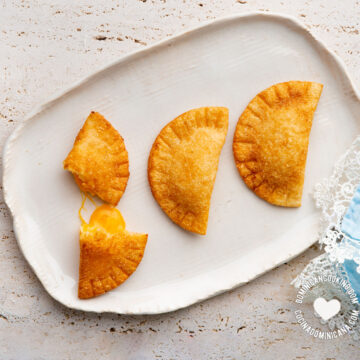Quipes or Kipes are the Dominican version of the Lebanese Kibbeh, and are made with minced beef and bulgur. Quipe is one of our most beloved appetizers, a party must-have, and this is the recipe that has inspired many on the internet. You too will love our kipe recipe.
By - Last reviewed . Published May 3, 2011
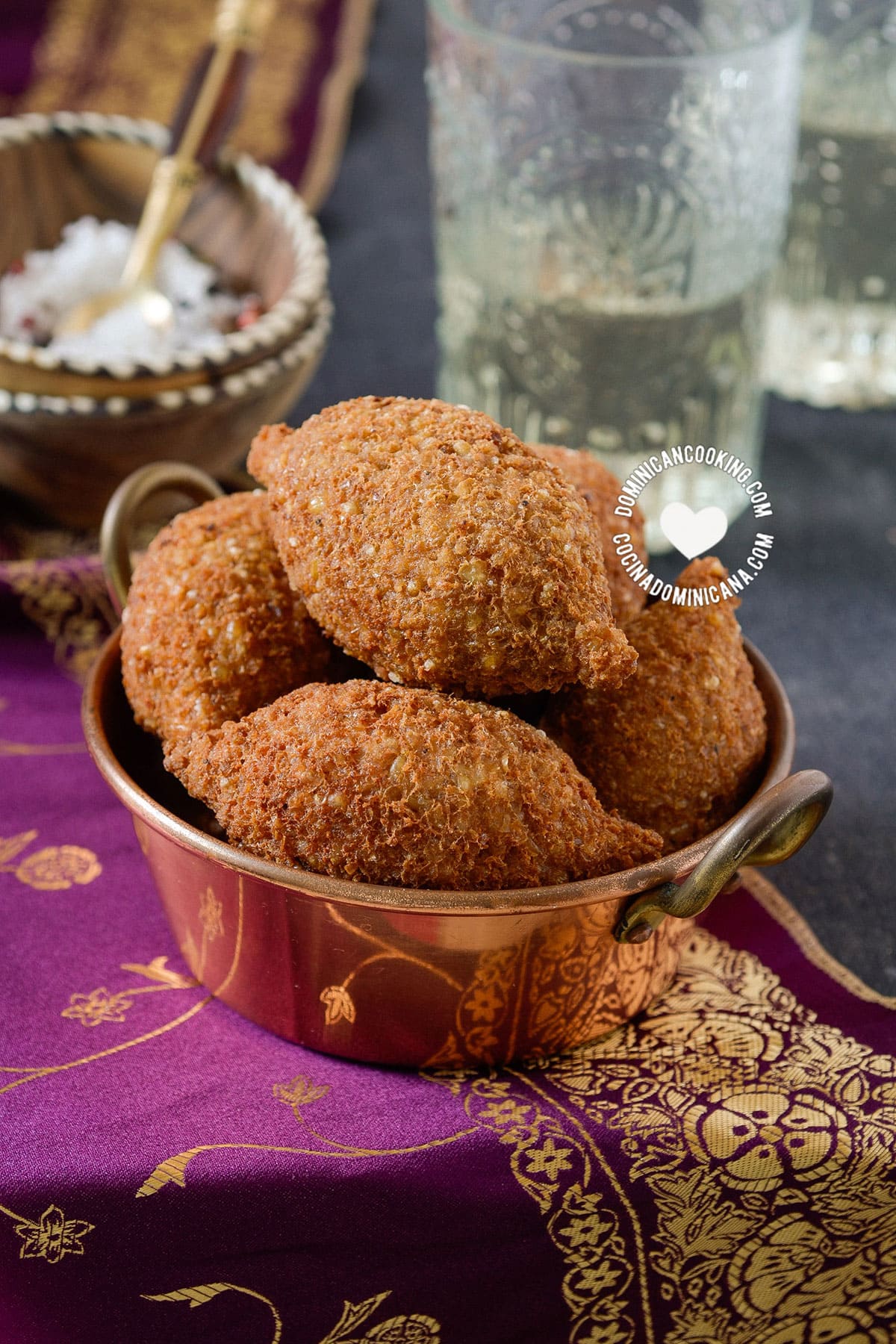
Why we ❤️ it
We're not from around here. The Dominican Republic consists of people who arrived from many continents, all amalgamated into one. We are, after all, a nation of people who all came from somewhere else: Taínos, Africans, Europeans, Asians. Each wave giving us bits and pieces of their culture and food to make what is today the Dominican Republic.
This is well illustrated in our adoption of kipe as a Dominican food and one of our favorite picaderas, without which no fiesta or feast is complete.
What is kipe?
Quipe or kipe is the Dominicanized version of the Lebanese kibbeh. Quipe originated in the East and South of the Dominican Republic and was brought to our shores by a wave of Middle Eastern immigrants who arrived in the Dominican Republic at the end of the 19th century.
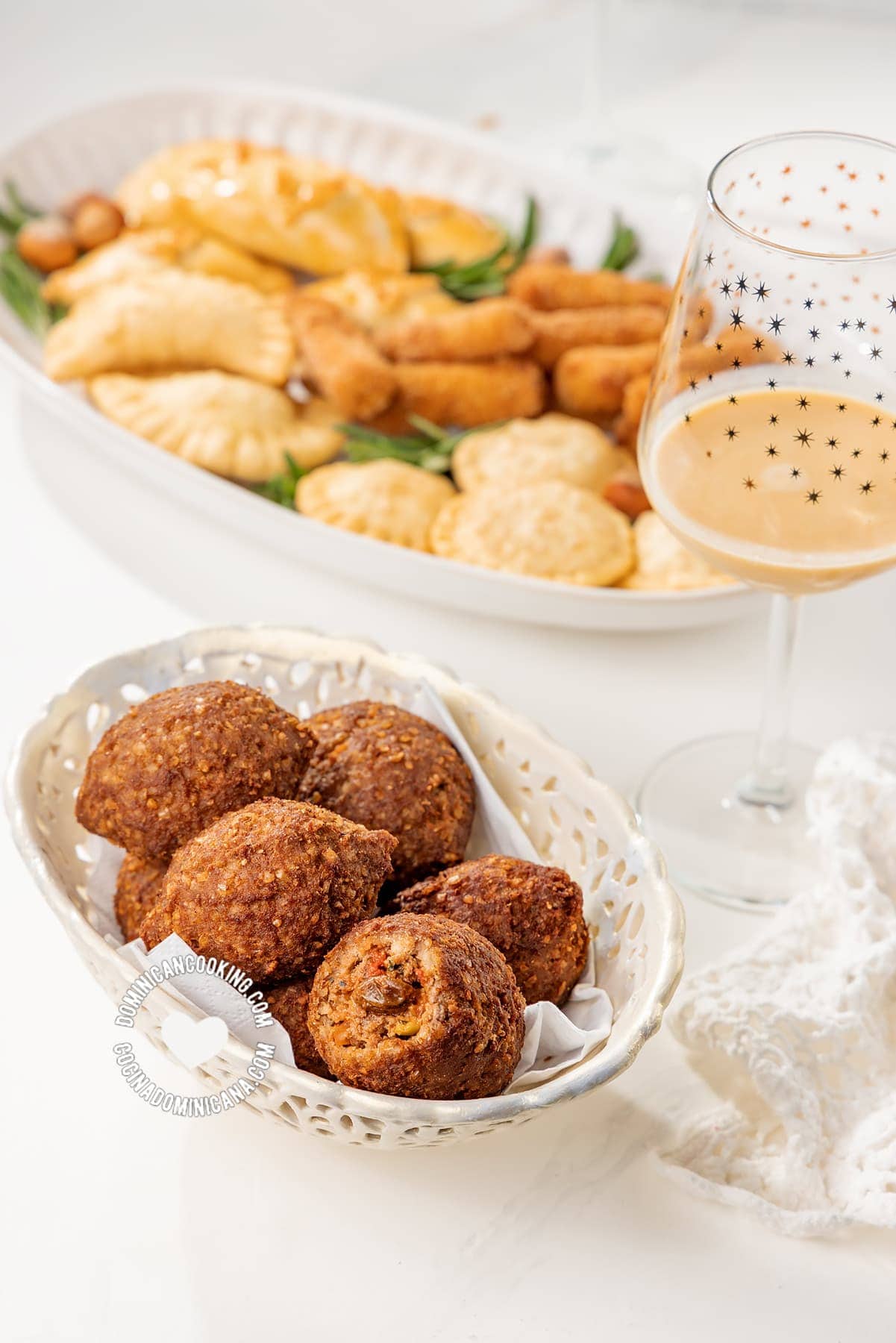
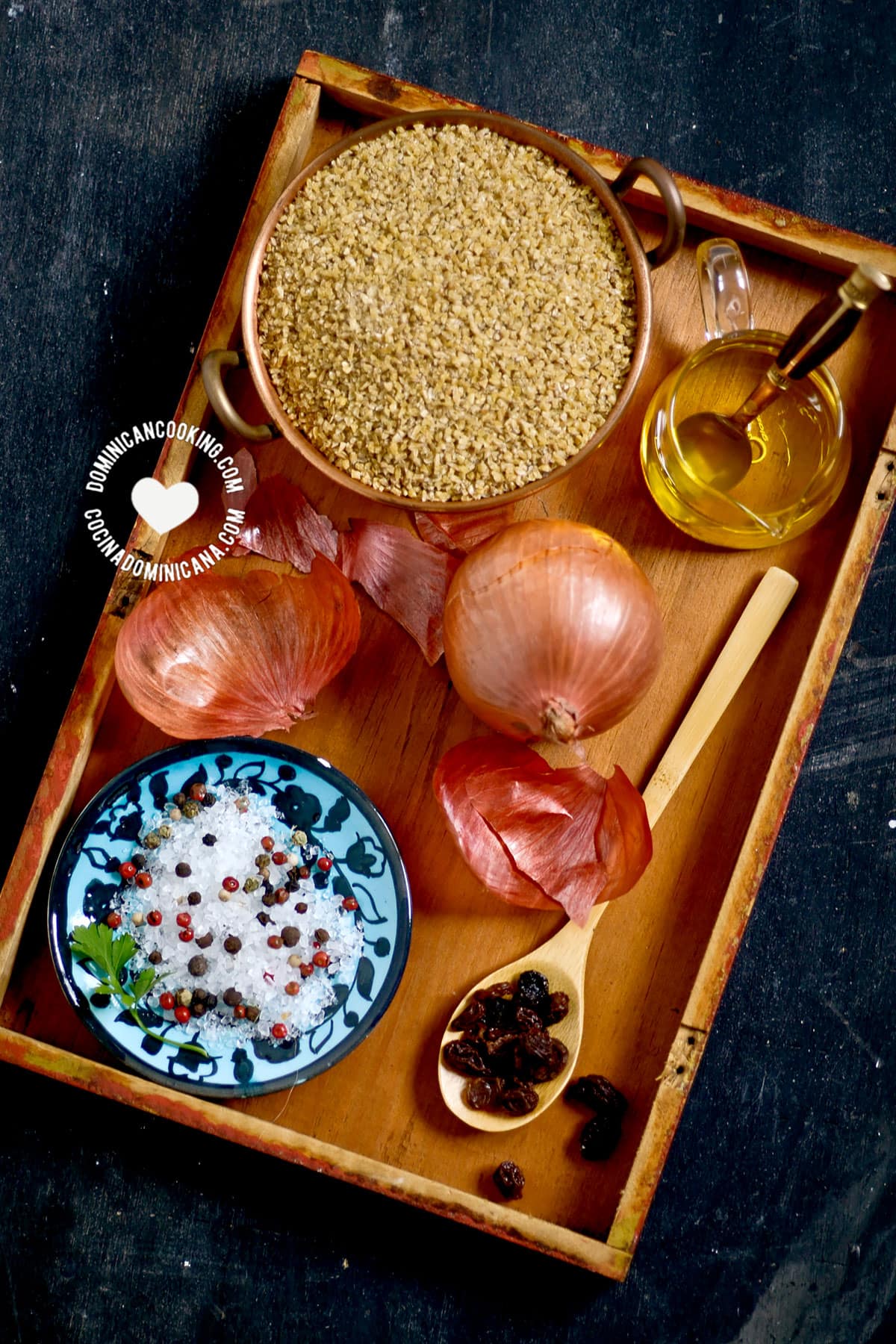
Quipes and ingredients.
Kipe vs. kibbeh
Kipe has undergone some drastic changes from the traditional Middle Eastern kibbeh, starting with the preparation and, just as importantly, never using lamb (which isn't popular in the DR) and leaving out many spices and herbs (like mint, cumin, pine nuts, and others).
I asked the author of Lebanese Cuisine: The Authentic Cookbook, about using beef in Lebanese kibbeh:
"The casing is normally made with beef (not lamb) since lamb is fatty and can't hold the shape properly - it would collapse! Traditionally, the filling is made with lamb, pinenuts and spices, or a mix of lamb and beef. But some people don't like the taste of lamb, so they do it with just beef. also, the fact that lamb is a lot more expensive, I would say a significant number of people just use beef cause it's more affordable!"
Samira Khan
For Dominicans, Kipe is part of our picadera (appetizers) platter. In Lebanon, it's a different type of dish:
"In Lebanon, kibbeh is considered mezza, so it's like a starter, which is why in restaurants, you see it on the menu as a starter."
Samira Khan
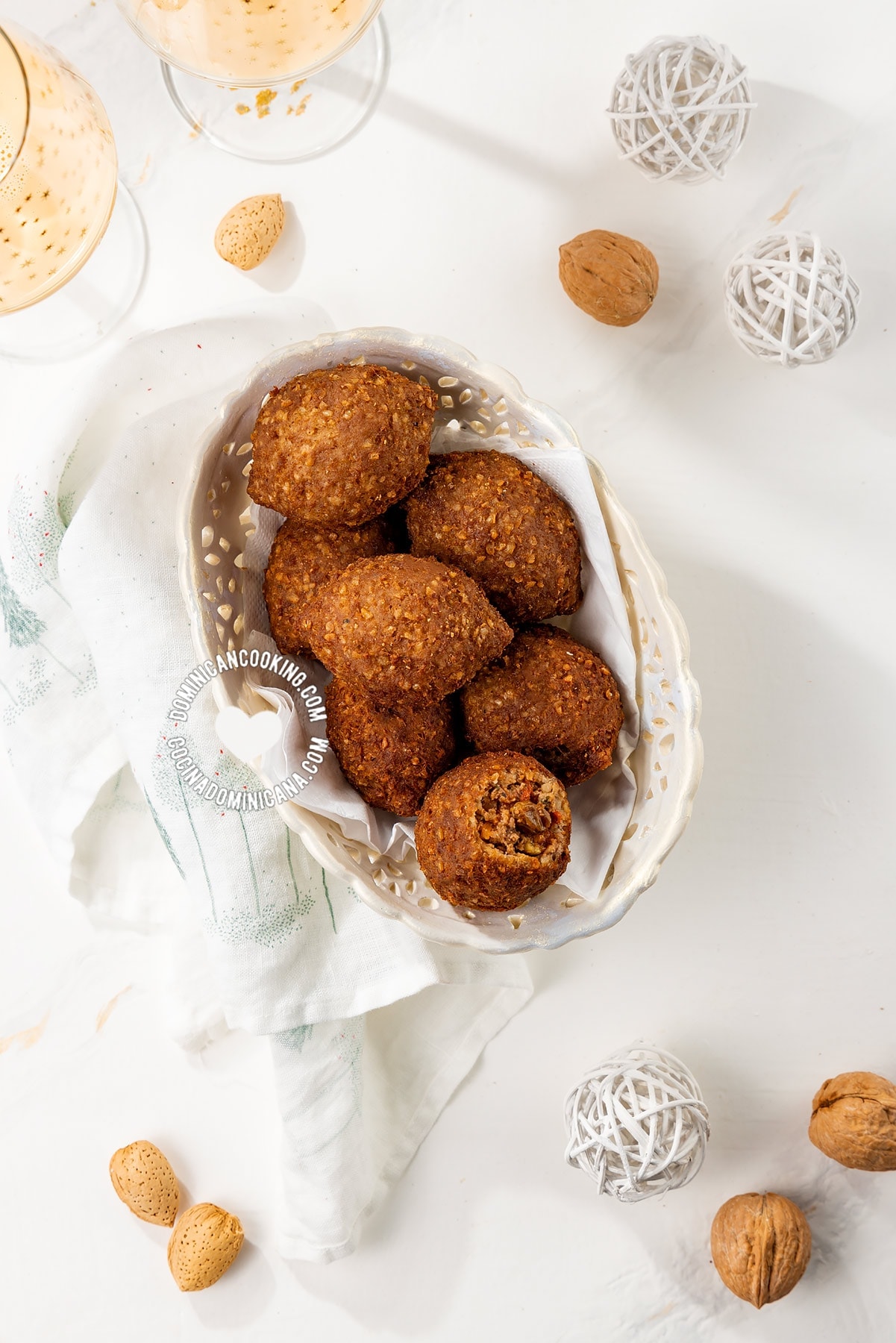
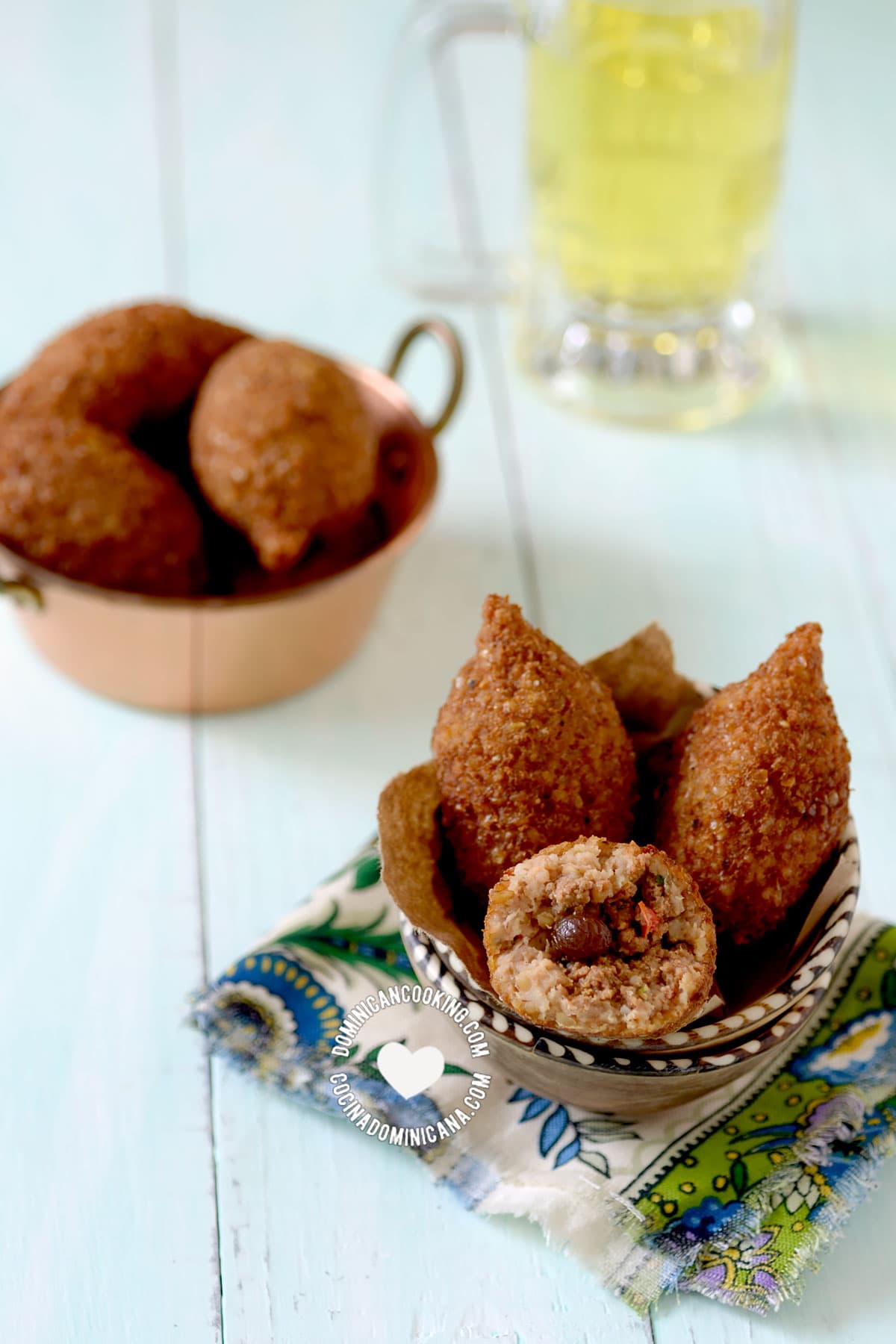
Dominican kipes.
More kipe recipes
You can learn more about kibbeh and get the recipe for Baked kibbeh. If you want to try a Vegan Kibbeh, we have that too.
Top tips
- Bulgur for kipe: Bulgur is sometimes sold under the name coarse bulgur wheat. It would not be hard to find in Middle Eastern and Latino communities. You will need bulgur no. 2 for quipes, but no. 1 also works well.
- Resting: If you don't have the time to let it rest overnight, do it for at least 4 hours.
- Frying: Be careful frying cold kipes in hot oil. It's best to carefully lower them into the oil using a slotted spoon.
- Kneading: The kneading of the kipe coating is the most important step so that it does not fall apart during frying. Pay attention to the instructions for this step.
About our recipe
After the recipe for Dominican Cake, this is the recipe that seems to give people the most trouble; this is why we have added a video and detailed instructions that will help beginners get a good result on the first try.
The most important thing to remember is to read the recipe carefully and follow the instructions to a T. If you already know what you're doing, then, by all means, stray from the instructions, as these steps are just what I've found to work for me.
Are you a descendant of the Lebanese, Syrian, or Palestinian diaspora in the Dominican Republic? Does your family have a different way of making this? I'd love to hear about it in the comments.

Video
Recipe
This awesome free recipe contains Amazon affiliate links, we receive a small commission from any purchase you make at no extra cost to you. Thanks for your support!
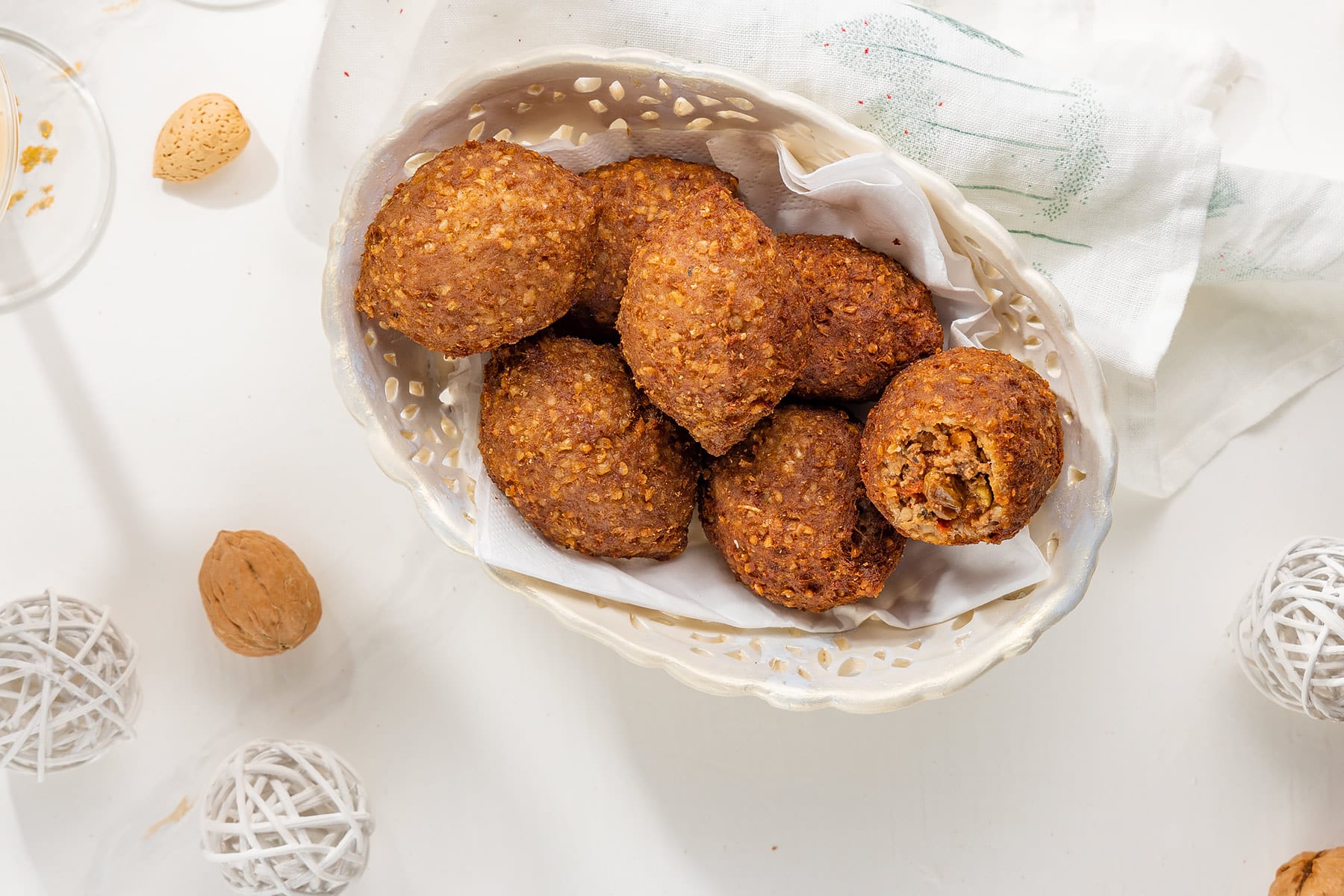
Kipes or Quipes [Recipe + Video] The Dominican Kibbeh
Ingredients
- 1 cup bulgur, (see notes)
- 1 pound minced beef, [0.4 kg]
- 1 bell pepper, or cubanelle pepper, very finely diced
- 2 bunches parsley, chopped
- 1 small red onion, very finely diced
- 3 teaspoon salt, (or more, to taste)
- ½ cup tomato sauce
- ¼ cup raisins
- 2 cups oil for frying, (vegetable oil)
- ¼ teaspoon pepper (freshly-cracked, or ground)
Instructions
1. Soaking the bulgur
- Put the bulgur wheat in a bowl and add enough water to cover and let it rest overnight, stir a couple of times while it rests (see notes).
2. Make seasoning paste
- Pulse onion and parsley in the food processor until you obtain a paste.
3. Season the meat
- In a bowl, mix meat, and seasoning paste. Add a teaspoon of pepper and three teaspoons of salt.Using your hands, mix the meat with the vegetables until you get a uniform mixture.Split the meat into thirds and set aside ⅔ of the meat for later use.
4. Cook the filling
- Heat 2 tablespoons of oil in a pan over medium heat. Add ⅓ of the meat you've taken out. Cook stirring until it's lightly browned. Add tomato sauce and mix well. Stir in ½ cup of water and the raisins and simmer over medium heat.When all the liquid has evaporated, remove it from the heat. Let it cool down to room temperature. Set aside.
5. Drain water from bulgur
- Drain the leftover water from the bulgur and sieve to eliminate all the unabsorbed water (this is very important!). I suggest squeezing the bulgur with a clean cotton tea towel if you are not sure if there's water left after sieving.
6. Make mix for crust
- Combine the remaining ⅔ raw meat with the bulgur. With your hands, mix the bulgur and raw meat, kneading it until it is mixed uniformly. This is a crucial step and may take over 10 minutes. The better kneaded this is, the better the chances of kipes not breaking apart in the hot oil. You should be left with a mixture that resembles dough. If you want to cut on time, you can also pulse for a couple of minutes in the food processor for a more compact texture, but I prefer the texture of hand-kneaded crust.
6. Shape and make kipes
- Put 2 tablespoons of the mixture on the palm of your hands and roll it into a ball.Make a deep indentation in the ball by poking it with your index finger.Place 1 tablespoon of the cooked meat filling in the indentation. Gather around the hole, closing it, and roll the kipe with the palm of your hands making it as compact as possible. Pinch the ends to give it its traditional shape.Refrigerate for at least 6 hours.
7. Heat the oil
- Pour oil into a small saucepan (so it's high enough to cover the kipes), and heat over medium-high heat (350 ºF [175 ºC]). The oil has to be very hot, cool oil will make your kipes break down and possibly ruin the oil too.
8. Fry
- When it is time to fry them give them another quick squeeze to make them even more compact.Being very, very careful with splatters (hot oil and cold liquids do not get along well) fry your kipes, preferably one at a time, carefully lowering them into the oil with a slotted spoon to avoid burning yourself.
9. Serve
- After frying, the kipe has to be deep golden brown color outside. Open the first one when you are done; if there is any pink part inside it means there is still raw meat, a bad thing, fry the next one longer. Place them on a paper towel to drain excess oil before serving.
Cook's Notes
Nutrition
Nutritional information is calculated automatically based on ingredients listed. Please consult your doctor if you need precise nutrition information.
Want to save this recipe?
Enter your email & I'll send it to your inbox. ❤️ Plus, get great weekly recipes from me!
FAQs
Quipe is the Dominican version of the Middle Eastern kibbeh, known in the English world as kibbeh, or kibbe.
Kipe is made by mixing bulgur and ground meat (typically beef for kipe, and lamb for the Lebanese kibbeh). This is made into a hollow roll and stuffed with cooked ground meat, then deep fried.
The main ingredients in quipe are bulgur and ground beef. Seasonings and spices are also added.


